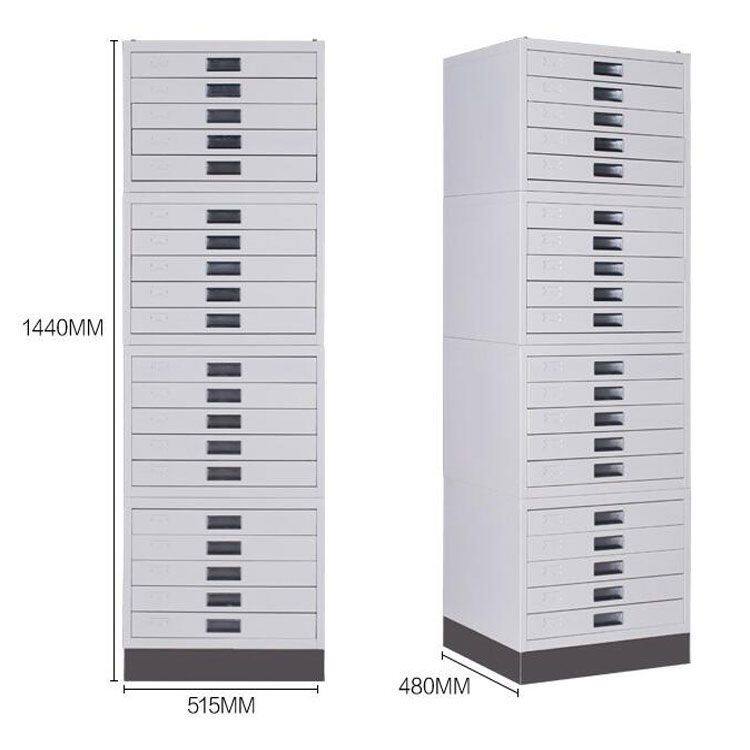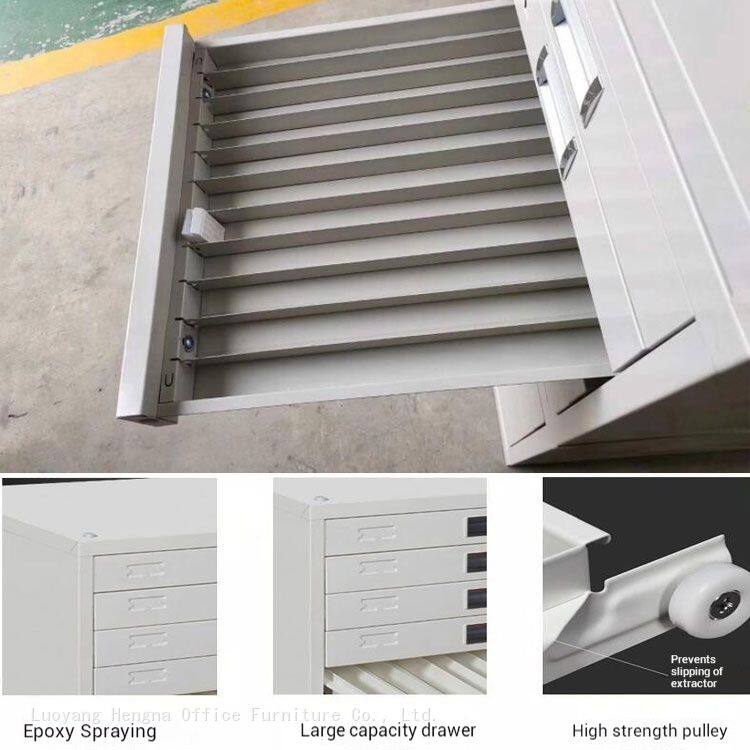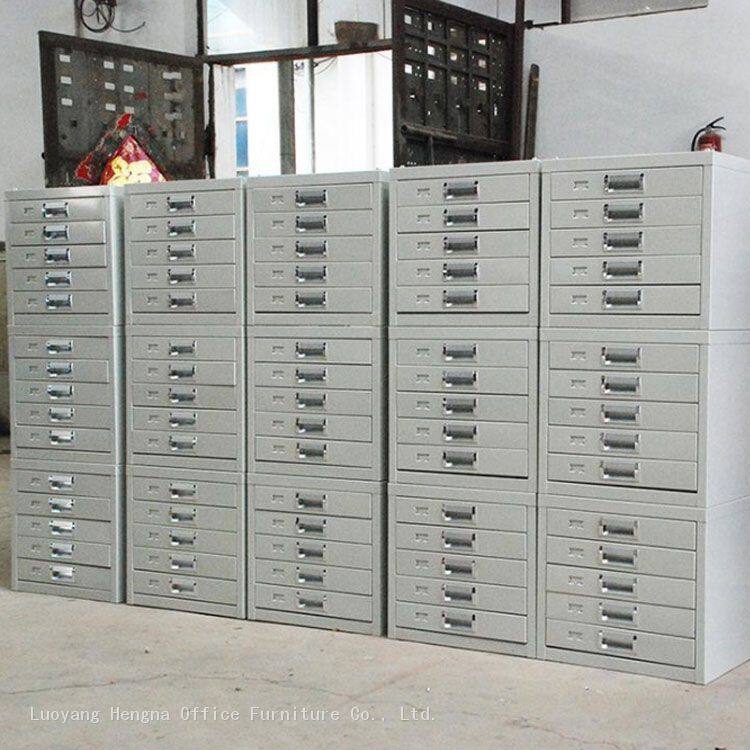-
 Sarah
Hi there! Welcome to my shop. Let me know if you have any questions.
Sarah
Hi there! Welcome to my shop. Let me know if you have any questions.
Your message has exceeded the limit.

Clinical Trials: Ensuring Compliance with Proper Sample Storage Solutions
2025-11-05 08:56:12
Clinical trials represent the critical final stage in medical research where new treatments and interventions are evaluated for safety and efficacy. These complex operations require meticulous sample management systems that ensure regulatory compliance, maintain sample integrity, and support the rigorous documentation necessary for successful regulatory approval. This comprehensive examination explores how proper sample storage solutions support clinical trial operations and ensure compliance with stringent regulatory requirements.
Regulatory Compliance and Documentation
Clinical trials operate under extensive regulatory requirements including FDA regulations, Good Clinical Practice (GCP) guidelines, and international standards such as ICH-GCP. Sample storage systems must support compliance through organized storage that facilitates proper documentation, sample tracking, and quality assurance procedures. The systematic arrangement enables trial sponsors to demonstrate compliance during regulatory inspections and audits.
The compliance benefits extend to supporting various regulatory submissions including Investigational New Drug (IND) applications, New Drug Applications (NDA), and marketing authorization applications. Proper sample storage and documentation strengthen regulatory submissions and support successful approval processes. This capability protects substantial investments in clinical trial development and enhances the likelihood of commercial success.
Sample Integrity and Preservation

Clinical trial samples represent critical endpoints that must maintain integrity throughout extended trial periods and subsequent analysis. Storage cabinets provide controlled environments that protect samples from degradation factors including temperature fluctuations, humidity variations, and light exposure. The sealed drawer compartments create stable microenvironments that maintain sample quality from collection through analysis.
The preservation requirements vary based on sample types and analytical methodologies. Different clinical trials may require various sample types including blood, tissue, urine, and other biological specimens, each with specific storage requirements. Advanced storage systems can accommodate these diverse needs through customizable environmental controls and specialized drawer configurations that support various clinical trial protocols.
Supporting Multi-Center Trial Coordination
Clinical trials often involve multiple study sites across different geographic locations, requiring coordinated sample management and standardization. Storage systems facilitate this coordination through standardized organization methods that enable consistent sample handling across all trial sites. This standardization supports data comparability between sites and facilitates regulatory review of multi-center trial results.
The coordination benefits extend to supporting central laboratories and reference testing facilities. Organized storage systems enable efficient sample shipment, tracking, and analysis across different locations. This capability enhances trial efficiency and supports comprehensive data collection across all participating sites and laboratories.
Integration with Trial Management Systems
Clinical trials utilize sophisticated trial management systems to coordinate activities, track participants, and manage data. Storage systems can integrate with these management platforms through barcode scanning, RFID technology, and digital inventory management. This integration creates seamless sample tracking that supports comprehensive trial management and regulatory compliance.
The integration benefits extend to supporting various trial activities including randomization, blinding procedures, and endpoint assessment. Automated sample tracking enables trial sponsors to generate comprehensive reports on sample handling, storage conditions, and analysis results. This data supports regulatory submissions and enhances the credibility of trial outcomes.
Quality Control and Assurance Programs
Clinical trials require comprehensive quality control programs to ensure data reliability and regulatory compliance. Storage systems support these programs through organized storage that facilitates systematic quality control procedures including sample validation, proficiency testing, and inter-laboratory comparisons. The systematic arrangement enables trial sponsors to implement effective quality assurance measures.
The quality control benefits extend to supporting various monitoring activities including site monitoring, data verification, and audit preparation. Organized storage systems enable monitors and auditors to verify sample handling procedures and documentation efficiently. This capability enhances trial quality and supports successful regulatory review and approval processes.
Supporting Blinding and Randomization Procedures
 Many clinical trials employ blinding and randomization methodologies to prevent bias in treatment assessment. Storage systems must support these procedures through organized storage that maintains sample anonymity and prevents accidental unblinding. The systematic arrangement enables proper sample handling while preserving trial integrity and scientific validity.
Many clinical trials employ blinding and randomization methodologies to prevent bias in treatment assessment. Storage systems must support these procedures through organized storage that maintains sample anonymity and prevents accidental unblinding. The systematic arrangement enables proper sample handling while preserving trial integrity and scientific validity.
The blinding support benefits extend to maintaining sample confidentiality throughout trial conduct and analysis. Organized storage systems enable proper sample coding and identification procedures that support blinding protocols while ensuring accurate sample tracking and documentation. This capability enhances trial scientific rigor and supports regulatory acceptance of trial results.
Space Optimization for Growing Trial Operations
Clinical trial operations often expand as programs progress and additional studies are initiated. Storage cabinets maximize space utilization through vertical storage designs that accommodate growing sample volumes within existing facility constraints. This space efficiency enables trial sponsors to expand operations without requiring facility modifications or relocations.
The space optimization benefits extend to supporting multiple simultaneous trials and various study phases. Compact storage systems create organized environments that enhance workflow efficiency and support complex trial operations. This improved organization enables trial sponsors to manage multiple studies effectively while maintaining compliance and quality standards.
Cost-Effective Trial Infrastructure
Clinical trials represent substantial investments that require careful optimization of infrastructure costs. Storage systems provide cost-effective solutions through durability, compliance features, and operational efficiency. The initial investment yields returns through improved regulatory compliance, enhanced data quality, and reduced risk of trial delays or failures.
The cost-effectiveness extends to supporting various trial outcomes including successful regulatory approval, market authorization, and commercialization. Proper sample storage and documentation strengthen regulatory submissions and support successful trial completion. The ability to maintain long-term sample archives also supports post-marketing surveillance studies and additional research initiatives.
Future-Proofing Trial Capabilities
Clinical trial methodologies continue to evolve with new technologies, regulatory requirements, and scientific approaches. Storage systems must provide future-proofing capabilities that enable trial sponsors to adapt to these changes without complete infrastructure replacement. Modular designs and technological integration capabilities ensure that storage investments remain valuable as trial needs evolve.
The future-proofing benefits extend to supporting emerging trial methodologies including adaptive trial designs, master protocols, and personalized medicine approaches. As clinical research evolves, storage systems can adapt to accommodate different sample types, storage requirements, and documentation needs. This adaptability supports long-term trial capability and maintains competitive advantage in the pharmaceutical and biotechnology industries.

Tags: Proper Sample Storage Solutions, Clinical Trials

